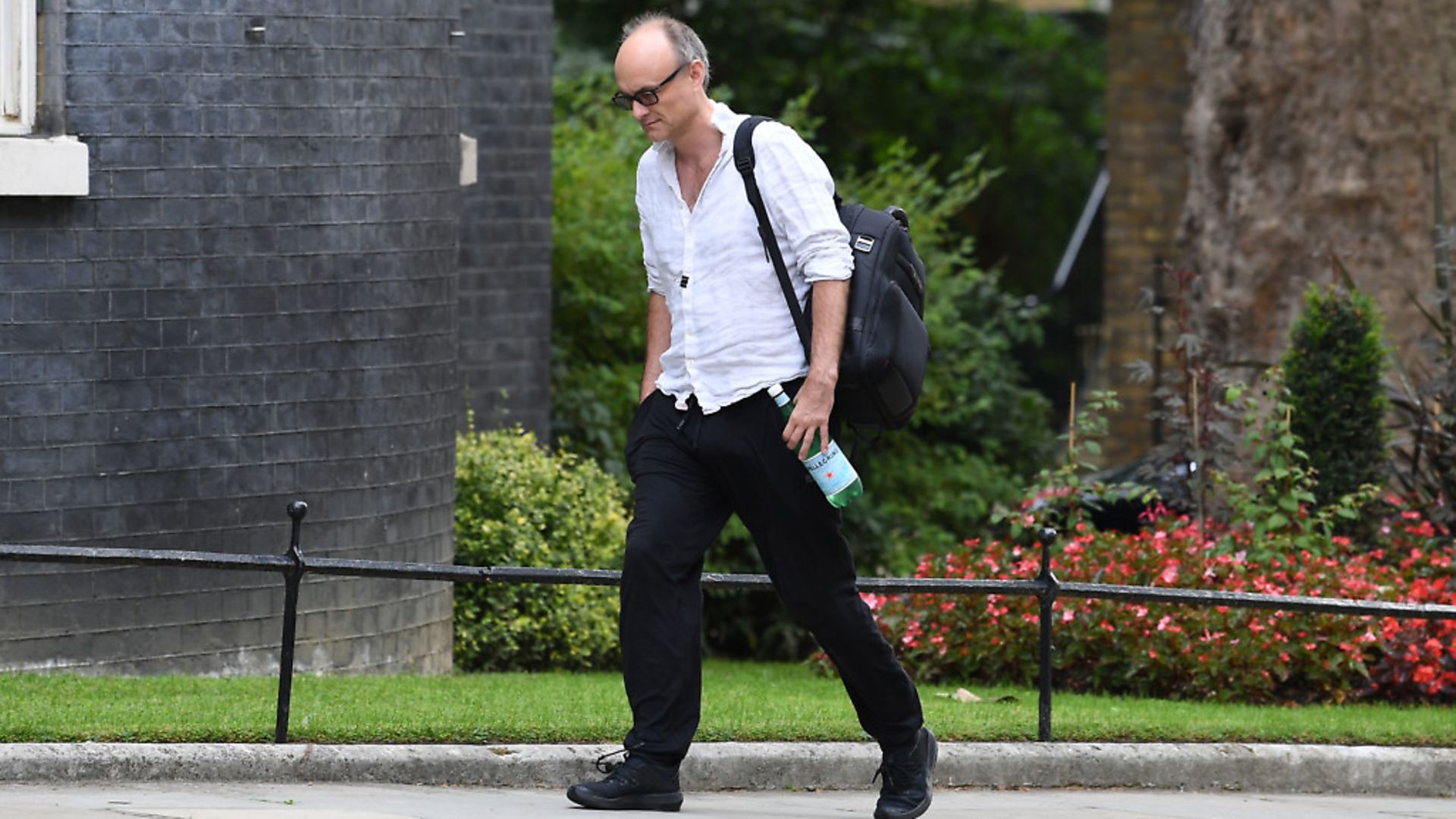
A study has found that the lockdown helped to heal some divisions in the country in early March, but this was dissipated by Boris Johnson’s most senior adviser travelling to Durham.
The research, by think tank British Future, found that new community spirit had been fostered across Britain during the lockdown, with people starting to get to know neighbours and carry out acts of kindness on strangers.
The document noted that Britons had come together within communities after all of the divisions created by the Brexit referendum for the first time, typified by the weekly clap for carers event.
But researchers found that the strong sense of unity had started to dissipate by mid-May when Dominic Cummings broke the rules to head to Durham.
The study was carried out using surveys, diaries and interviews across Britain in early March and late May and June, and found that while the pandemic had made the UK less divided, it was dissipated by the controversy surrounding the Number 10 adviser.
Have your say
Send your letters for publication to The New European by emailing letters@theneweuropean.co.uk and pick up an edition each Thursday for more comment and analysis. Find your nearest stockist here or subscribe to a print or digital edition for just £13. You can also join our readers' Facebook group to keep the discussion and debate going with thousands of fellow pro-Europeans.
Jill Rutter, the author of the report, said: ‘There’s a risk that past divides are re-emerging as society starts to reopen. The shared experience of lockdown made many people feel more connected to their neighbours and local community. Now that sense of togetherness is starting to fray. The good news is that people would rather we kept hold of it.’
The document notes that participants grew ‘noticeably anger’ about politicians after the Cummings revelations, but that the issue was less divisive than some claimed, with most united against the Brexiteer.
The study notes: ‘The perception that the prime minister’s adviser, Dominic Cummings, had broken lockdown rules was a highly salient issue that appeared to damage trust in politicians.’
It added: ‘It was not, however, as divisive an incident as might be thought. Most people, irrespective of their political views, appeared to disapprove of Cummings’ action.’
Shortly after, they also found that there was a perception that ‘some groups of people were not observing social distancing rules’, creating more division amongst those around the country.
Further division was created by Westminster going a separate way to devolved administrations in reopening the economy, as further splits between wealth and age groups.
‘As the lockdown rules were lifted such perceptions grew more intense. It also became more obvious that different sectors of society were experiencing the Covid-19 crisis very differently,’ it explained.
The researchers have now called on policy makers to ‘make healing social divides a priority’ and to ‘commit to a practical agenda’.
‘Building a kinder and more socially connected society is not a job for government alone,’ it said.
‘Every sector – education, business, sport, civil society and faith – can make their own contribution to bridging social divide.’









